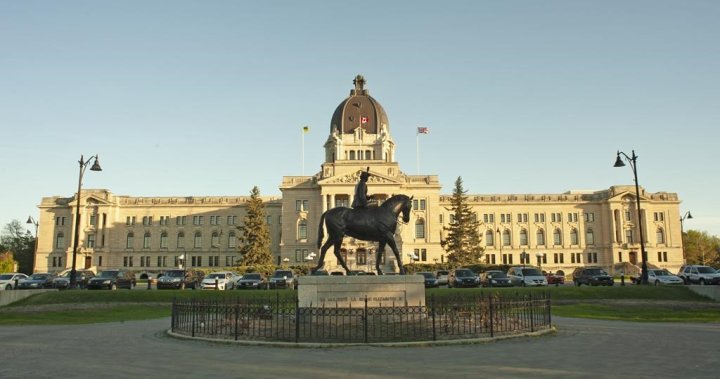Many Saskatchewan residents are facing the challenge of a high cost of living, despite seeing better prices on many items. The province’s Consumer Price Index (CPI) rose by one per cent in April 2024 over April 2023, which is the second-lowest increase among provinces and sits below the national average of 2.7 per cent. The provincial government attributes this lower increase to the scrapping of the federal carbon tax, stating that removing the Carbon Tax from home heating has helped tackle inflation. The CPI measures changes in the price of goods and services over time, indicating inflation and assessing changes to the cost of living, impacting an individual’s ability to buy goods and services.
Economics professor Jason Childs explained the implications of an increase in CPI, stating that it means things have become more expensive. Despite the one per cent CPI increase in Saskatchewan over the last year, residents are experiencing their value of money decline at a slower rate compared to the rest of the country. While there is still pressure and a desire for pay increases, these are occurring at a slower rate in Saskatchewan. The comparison of the total cost of a shopping list over time serves as a practical illustration of the impact of changes in the cost of living on individuals.
The one per cent increase in CPI may have differing impacts on individuals depending on their circumstances. Some, like Regina resident Ewen McCormick, find Saskatchewan’s cost of living to be more affordable compared to other expensive cities like Vancouver. However, local businesses are feeling the pinch, with issues such as operating costs and profitability being a significant challenge. Mark Heise, the CEO of Rebellion Brewing Company, states that the cost of operating is brutal, and the company is barely profitable. Childs highlights the problem of the lack of wage increases, stating that if wages are growing at less than one per cent, individuals are falling behind, while growth above one per cent allows people to get ahead of the cost of living.
Saskatchewan residents are experiencing a slower rate of decline in their value of money compared to the national average, thanks in part to the elimination of the federal carbon tax by the provincial government. While this has helped tackle inflation and keep the one per cent increase in CPI relatively low, there are still challenges for businesses and individuals in the province. The impact of wage increases on the ability to keep up with the cost of living is crucial, with the lack of significant wage growth in Saskatchewan contributing to the challenges faced by residents and businesses.
Despite the lower increase in CPI in Saskatchewan, there is still pressure for pay increases to keep up with the cost of living. Comparing the cost of a shopping list over time helps illustrate the impact of inflation and changes in prices on individuals’ purchasing power. Some residents find Saskatchewan’s cost of living more affordable compared to other expensive cities, while local businesses struggle with operating costs and profitability. Addressing the issue of wage increases is crucial for residents to stay ahead of the cost of living and ensure economic sustainability in the province.


